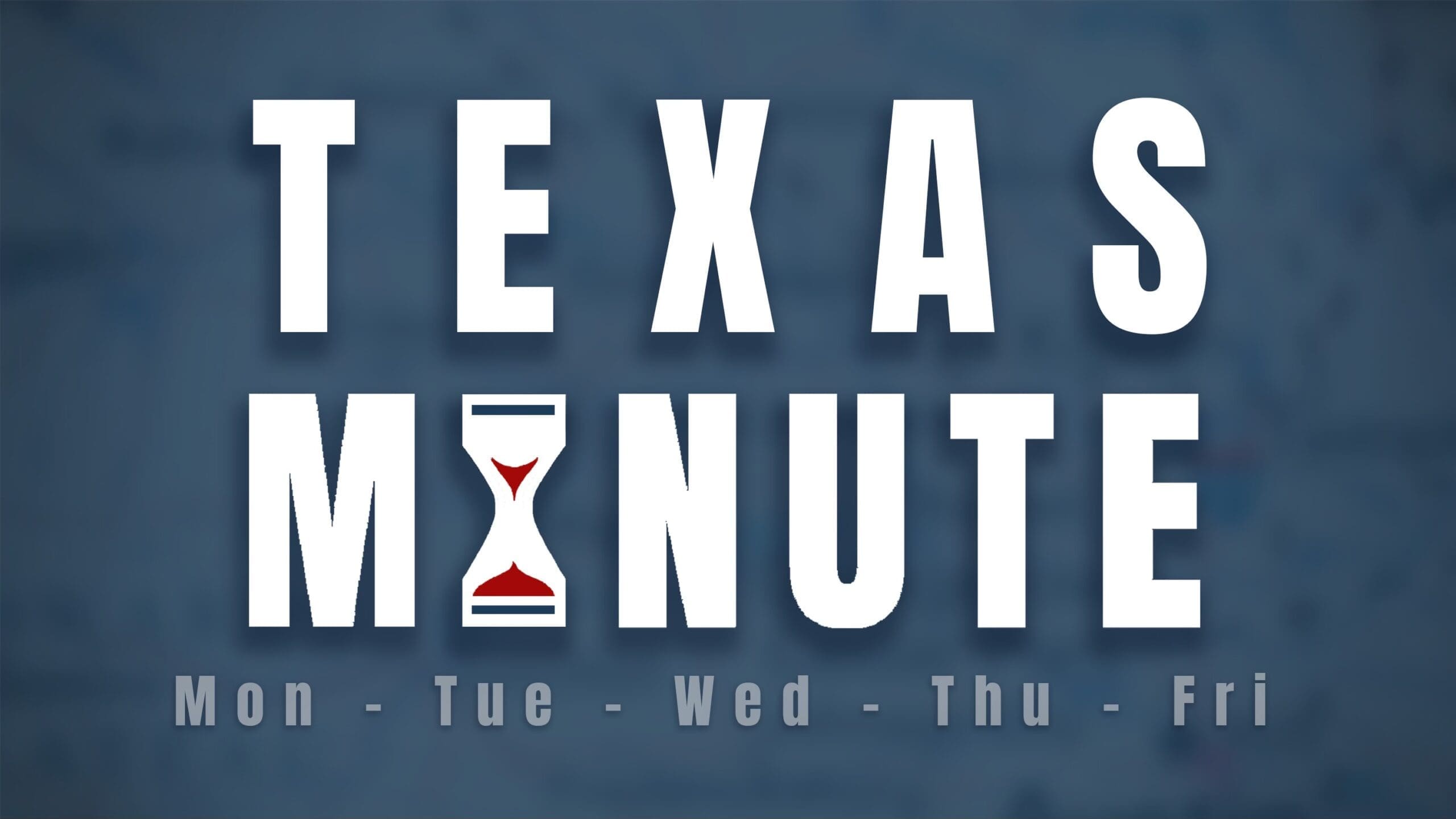On Friday, Texas Comptroller Glenn Hegar reported the State of Texas collected $2.58 billion in state sales tax revenue—a decrease of nearly 10 percent and the steepest decline since January 2010.
In a press release, Hegar said:
“State sales tax collections declined as a result of efforts to stem the spread of COVID-19 through business closures, crowd limits and stay-at-home orders adopted in the state, as well as a precipitous drop in worldwide demand for oil.
The steepest declines in tax remittances were from businesses most quickly and dramatically affected by social distancing: restaurants, performing arts venues, movie theaters, theme parks and fitness centers, as well as department stores and boutique retail shops. However, those losses were, to a degree, offset by increases from big-box retailers, grocery stores and online vendors.
Remittances from oil- and gas-related sectors also fell significantly as oil and gas exploration and production companies slashed capital spending in response to the crash in oil price.”
The report of April sales tax revenue, which was collected by Texas businesses in March, is one of the first real glimpses into how hard the Texas budget—which is majority-funded by sales tax collections—will be hit by the government-ordered shutdowns and global economic slowdown following the Chinese coronavirus pandemic.
Texans can expect the comptroller’s report in May to be even more dire, as most shutdowns weren’t fully implemented until April. Hegar’s office also reports future reports will likely be depressed as “the impact of rising unemployment and contracting economic activity in many parts of the state’s economy, including oil and natural gas exploration and production, likely will act as a drag on sales tax revenue for many months.”
All of these will factor into an updated budget projection Hegar will issue in July, in which he’s expected to announce the state will likely not collect enough tax revenue needed to pay for the budget passed by legislators.
That could mean a special session of the Texas Legislature in order to make serious cuts unless lawmakers believe there will be sufficient revenue inflows to hold off on meeting until the next legislature convenes in January. However, waiting that long to enact spending cuts reduces their efficacy considerably.
Texans for Fiscal Responsibility has an ongoing series about areas of the budget lawmakers should cut in order to prioritize essential services for taxpayers.





